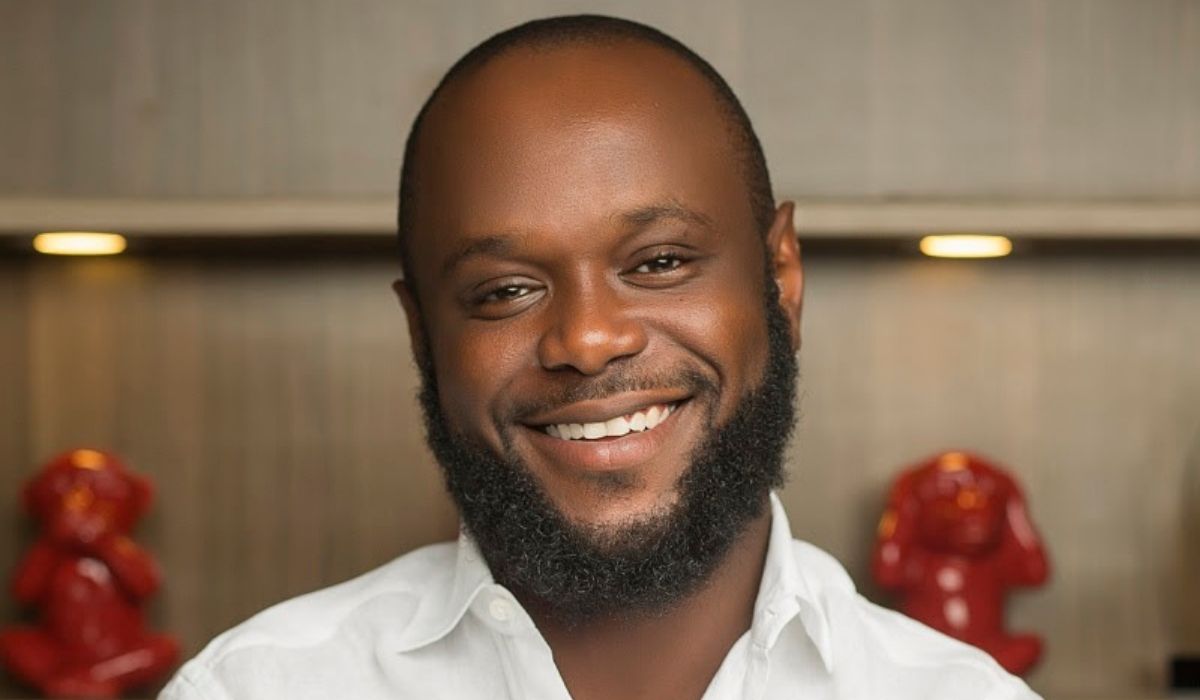It is a bitter irony of leadership when the nation entrusted to preserve life instead witnesses its citizens die younger than anywhere else; and then cages them in the worst prisons the continent has to offer. Under President Bola Ahmed Tinubu, Nigeria is committing two mortal sins: failing in public health, and failing in justice. One undermines the soul; the other contaminates human dignity. According to the United Nations’ World Population Prospects and the 2024 State of the Nation Health Report, Nigeria’s average life expectancy is now just 54.6 years. Women live only marginally longer than men, at 54.9 years, while male life expectancy lingers at 54.3 years.
Life Expectancy: Our Global Folly
We outrank only Chad, South Sudan, Central African Republic among 25 worst-off nations. Let that sink in. Nigeria, Africa’s most populous state, oil-rich, boasting huge GDP numbers, is now globally noted as the country where people die earliest. This is not data; it is a scathing indictment of our priorities.
What is bringing us down? Diseases that should by now be under control- malaria, tuberculosis, HIV, non-communicable diseases like cancer, cardiovascular disease and diabetes. Maternal and infant mortality rates look like war-zone statistics. Rural areas are worse off than urban ones, and insecurity has cut off health care access in the north and middle belt.
The Tinubu administration has talked about expanding universal health coverage and upgrading public health infrastructure, but talk without execution is cruelty. Promises haven’t been matched with spending. Targets have expired. Clinics remain understaffed, medicines remain absent, and many Nigerians die of causes that are preventable.
Prisons: The Other Death Chambers
If life expectancy is a public health measure, Nigeria’s prisons are a measure of collective moral failure. Overcrowding, rampant disease, neglect, malnutrition and brutality have turned places like Kirikiri Maximum, Port Harcourt Maximum, Agbor, Kuje, Owerri – all Nigerian – into the worst prisons in Africa. Thousands of inmates, many awaiting trial, languish in filthy cells, with sewage-flooded floors, gang violence, tuberculosis, malaria outbreaks, and no access to basic rights. The cost of incarceration may be rising, but the cost of humanity has already been lost. (Facts as you already know.). Interior Minister Olubunmi Tunji-Ojo has pledged reforms; decongestion drives, non-custodial sentences, relocating custodial centers, recruiting medical staff, improving infrastructure.
But these pledges remain insufficient. Visiting a prison is like visiting a horror show. Over 50% of inmates in many centers are awaiting trial. Many are poor, often ill, and have committed minor or bail-eligible offences. The delay of justice becomes the denial of dignity. When prisons are built for tens, but house hundreds, they cease being rehabilitation centers and become morgues; slow, suffering-inflicting graveyards.
Tinubu’s Accountability: What Must Change Immediately
President Tinubu, if your legacy is not going to be one of shame, there are urgent levers you must pull, and pull now:
1. Massive investment in health
Enough lip service. Fund clean water, expand immunization, rebuild primary health centers, provide medicines, improve maternal care. Prioritize rural and interior states. Ensure public health budgets are protected from fiscal slippage.
2. Enforce universal health coverage and reduce out-of-pocket spending
Health shocks should not bankrupt families. Insurance and public financing must work in practice, not only on paper.
3. Data, transparency, accountability
If Dr. Raymond Kuti’s argument about faulty data has weight, then build better data systems – births, deaths, causes. Virtually no credible health policy can be made in an environment of statistical uncertainty.
4. Prison reform as national emergency
No more half-measures. Drastically reduce the population of pre-trial detainees. Use non-custodial sentences for petty offences. Reduce overcrowding by releasing those detained for minor offences, paying small fines, and finally relocating archaic, colonial-era prison facilities. Train and empower correctional officers. Ensure medical staff, sanitation, feeding are not optional.
5. Justice system speed and reform
The judiciary must work in tandem. Delays cost lives — in health and in prisons. Fast-track trials for minor offences, reduce remand times, guarantee bail where applicable, ensure rights to legal representation.
6. Budget prioritization and political will
If Nigeria cannot allocate sufficient funds to health and prison reform, we are not a serious nation. The budget must reflect priorities. Bills must be passed. Ministries must be held accountable.
What This Failure Costs Nigeria
• The human cost is incalculable: children dying, mothers dying, families shattered.
• Economic cost: lifespans this low mean lost productivity, stunted growth, investor reluctance.
• Moral and reputational cost: becoming a global example of what not to do. When civil society groups, international bodies, and even our own citizens are seeing our prisons listed among the very worst, we lose dignity.
Conclusion: Leadership Means Protecting Life and Dignity
Tinubu came to power promising change. But as life expectancy plummets and prisons degrade, promise is no substitute for leadership. History will judge you less by your speeches than by the number of lives saved, the number of inmates released from cages of neglect, and the extent to which Nigeria ceases to be the global bottom in life expectancy. Preserving life and dignity should be the first duty of any government. You have the power; now act. Make Nigeria live longer. Make its prisons fairer. Until then, every Nigerian citizen, every family that lost someone too soon, every inmate awaiting trial, holds you responsible.





